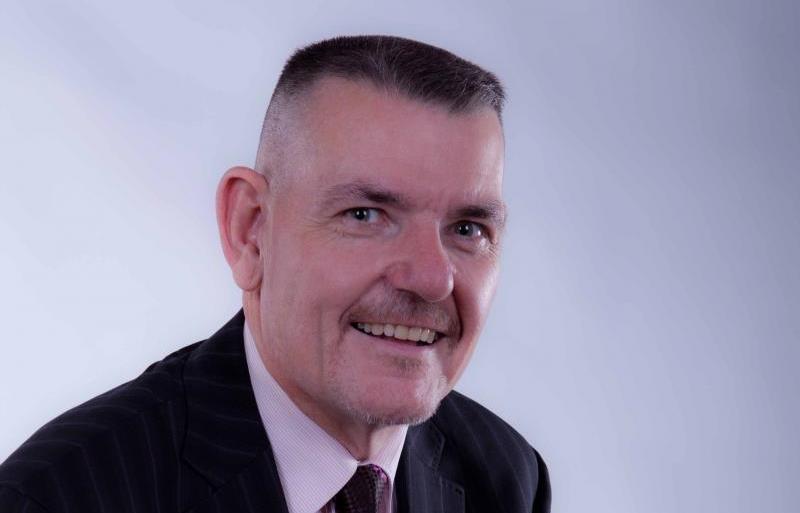
Community desire for LGBTI-specific mental health services

A national LGBTI mental health project has identified a desire in the community for LGBTI-specific services in lead up to Australia’s first ever conference on the mental health needs of LGBTI people.
The conference is the final stage of the LGBTI Health Alliance’s three-year MindOut project, building on surveys of LGBTI people and mental health service providers about issues facing the community, and work improving service providers’ awareness of LGBTI issues.
LGBTI Health Alliance Senior Project Officer Barry Taylor told the Star Observer early on in the MindOut project they identified a desire in the LGBTI community for mental health services specifically targeting LGBTI people.
“[We asked] ‘Would you feel more comfortable going to an LGBTI service?’ And of course as you would expect, most people said yes. It’s easier, people don’t have to explain things, you don’t feel like you’re going to be judged,” he said.
A campaign earlier this year by mental health organisation Beyondblue aiming to raise awareness of depression and anxiety within the LGBTI community pointed people to generic mental health resources and services rather than LGBTI-specific ones.
The LGBTI focus of the campaign was on buying ads during the Midsumma and Mardi Gras festivals rather than LGBTI people’s specific experiences of discrimination.
“A lot of our recent campaigns have been aimed at the mainstream community, like the Left Handed campaign and so on, to try to reduce discrimination rates and to get people to understand that discrimination causes serious damage to people,” Beyondblue CEO Kate Carnell told the Star Observer earlier this year.
Carnell acknowledged messages around engaging LGBTI people with the impacts of discrimination on mental health could have been more central to the campaign. She said the counsellors available to speak via the website received information about the specific needs of LGBTI people as part of their general training.
Taylor said the lack of services specifically targeting LGBTI people was particularly an issue for Australians living in the country.
“The reality of course is outside Sydney and Melbourne it’s very difficult to be delivering specific services, particularly in rural areas,” he said.
To address this issue, the LGBTI Health Alliance has been rolling out a training package called Equal But Not the Same, helping mental health service providers better understand the specific needs of LGBTI people.
“It’s all very well to do these campaigns, but if you don’t have inclusive or receptive or LGBTI-friendly services when people reach out to service providers for help, then it can be really difficult,” Taylor said.
He added that while he was impressed with how well mainstream service providers had engaged with LGBTI issues, he was concerned the LGBTI community itself was not engaging seriously with mental health. Taylor also suggested low levels of community interest in these issues could be a barrier to securing further government funding for LGBTI mental health initiatives.
These issues will be among many covered at the MindOut conference to be held in Sydney in June, the first of its kind in Australia to look specifically at the mental health needs of LGBTI people.
Bringing together a host of Australian and international speakers, the conference will look at individual and social factors contributing to poor mental health outcomes for the LGBTI community, and current work in the sector to address those outcomes.
“What we’ve noticed in [the MindOut] project is that for counsellors and therapists who actually identify with the LGBTI community, there have been very few opportunities for them to come together and talk about their practise: what is it they do, what is it that works, and what are we actually trying to achieve in therapeutic outcomes for LGBTI people,” Taylor said.
The conference will build on the community conversation highlighted by shocking statistics revealed in Growing Up Queer, a study on same-sex attracted and gender diverse young people released earlier this year. The study found 41 per cent of participants had thought about self-harm and/or suicide, 33 per cent had harmed themselves and 16 per cent had attempted suicide.
For more information on MindOut visit www.mindoutconference.net.










I think it is a fair point. The wonderful Chinese Community has specific health services, so does the Jewish Community. These services did not just happen, they were the result of years of hard work and lobbying. We live in a time when the Liberal Party has turned the clock back years in some areas A time when the Attorney General, George Brandis, is trying to pass laws to “Give rights to bigots” as he told parliament. We now have a situation where the once proud Liberal Party, is advocating a young trembling girl on a train should be subjected to racial abuse, if her skin is not white. There is a sinister fog over the Liberal party, and our job, to build specific services, will be so much more difficult in the current climate. We will need the same courage of those who held the first Mardi-Gras. The courage of people who came out to God fearing parents. We have accomplished much as a community, but our glass is still half full. We have a fantastic community, and I am proud to be gay. Together we have health administrators, doctors, solicitors, and a hell of a lot of good folk. We can achieve specific health services, it will take the determination we have already have, and good leadership.